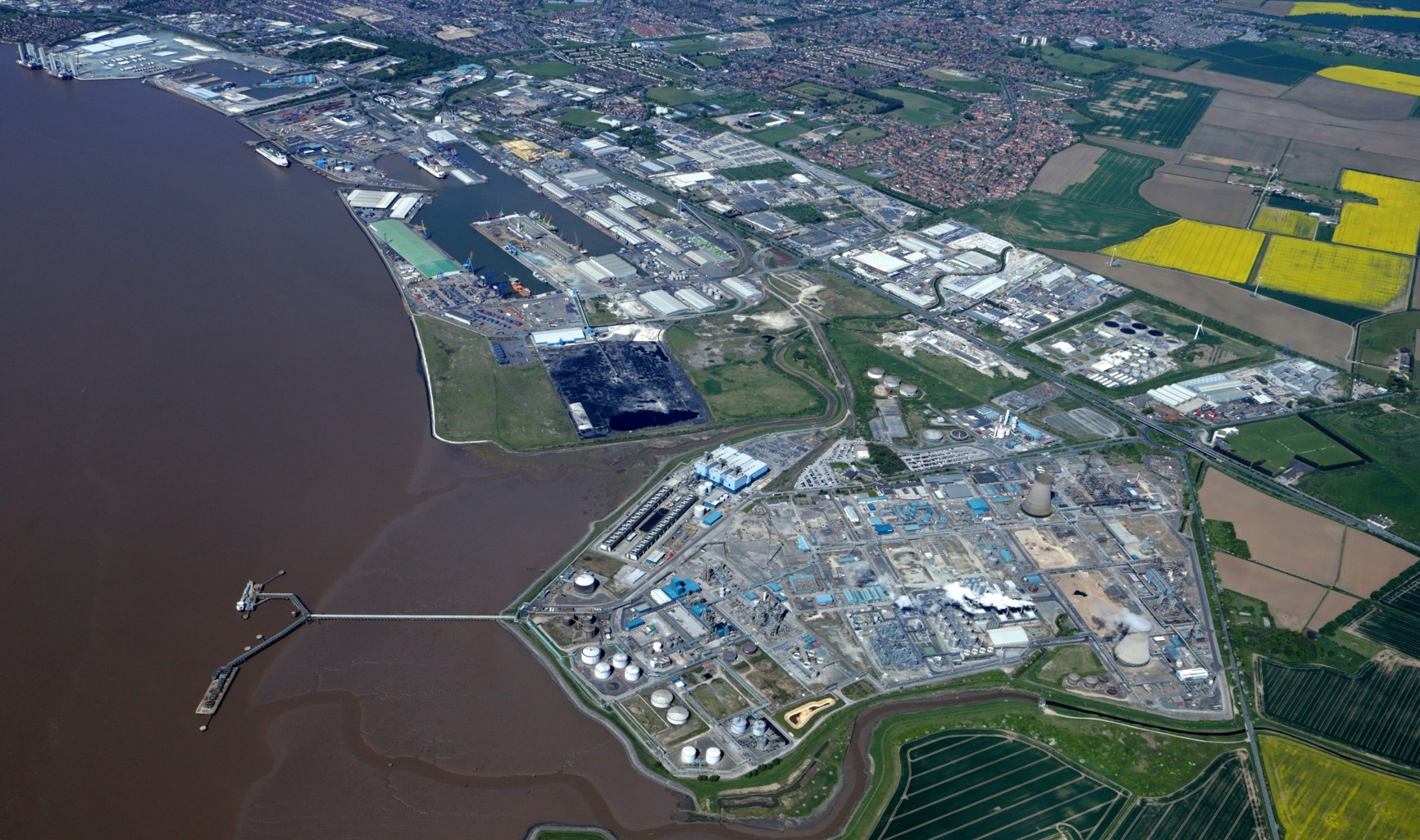Last week thousands of people gathered throughout the week in the nation’s capital for London International Shipping Week. The series of events, which take place every two years, bring together businesses and public sector leaders with an interest in UK trade to discuss the future. This year, the first event of its kind after Covid, felt especially relevant as the focus was all about how to grow and re-build the UK economy to seize the many opportunities that exist ahead.
There were some interesting themes that ran throughout the week of particular relevance to regions in the North of England thinking about future growth.
Around 95% of the nation’s trade enters or leaves the UK via the sea. Considering that almost a quarter of Britain’s maritime trade moves through the four ports on the Humber, it is easy to see the pivotal role the Humber plays in keeping Britain trading. Increasingly, though, the ports are being seen not just as part of trade routes, but as enablers of growth. Port operators represent some of the biggest investors in UK infrastructure in recent years, constantly increasing and upgrading to allow for growth and changes in trading trends. Added to that, many ports, especially on the Humber, have available land space to accommodate new manufacturers, distributors and research and development centres which all could benefit from the close access to international supplies and markets that ports can provide.
For this reason, the Freeport policy has become enormously important to the Government. Creating tax incentives for would-be investors in future industries to locate on vacant land inside a Freeport area could create exactly the business-friendly environment that will make the UK competitive on the World stage. It is also no coincidence, that most of the Freeport areas that have been allocated, are in the places the Government is keen to see at the heart of their levelling up project. I confidently expect the Humber Freeport to be one of the first established in the Autumn bringing with it significant opportunities for the region.
Another theme that emerged from Shipping Week, is how important the ports will be for decarbonising and greening the economy and the Humber is a tremendous example of how this can be done. The area is home to many traditional heavy industries, which gives the region the unenviable distinction of being the most carbon-polluting part of the country. However, it also means that the Humber is uniquely placed to facilitate innovation and investment in carbon reduction and the ports in the area are at the centre of most of that activity. Whether it is the huge expansion in offshore wind, the new hydrogen and carbon capture schemes or the effort local power stations are making to move away from coal, the ports on the Humber play a huge role in facilitating those changes. In doing so, ports are helping to create green and sustainable jobs fit for the future in areas where there is currently high deprivation, but also huge potential to be World-leaders in a sustainable global economy


